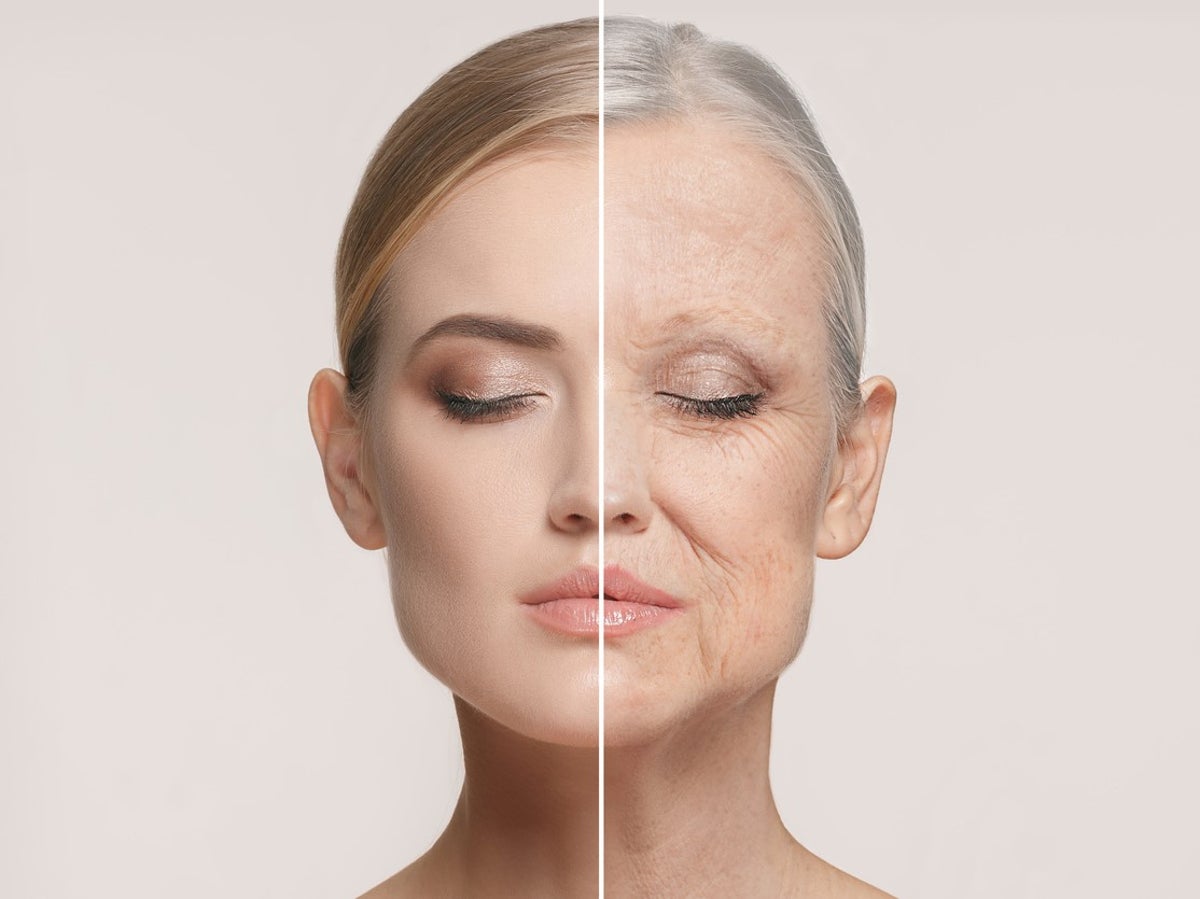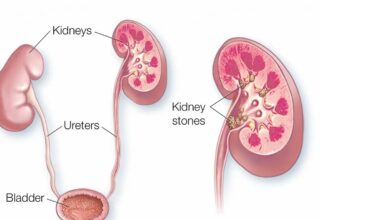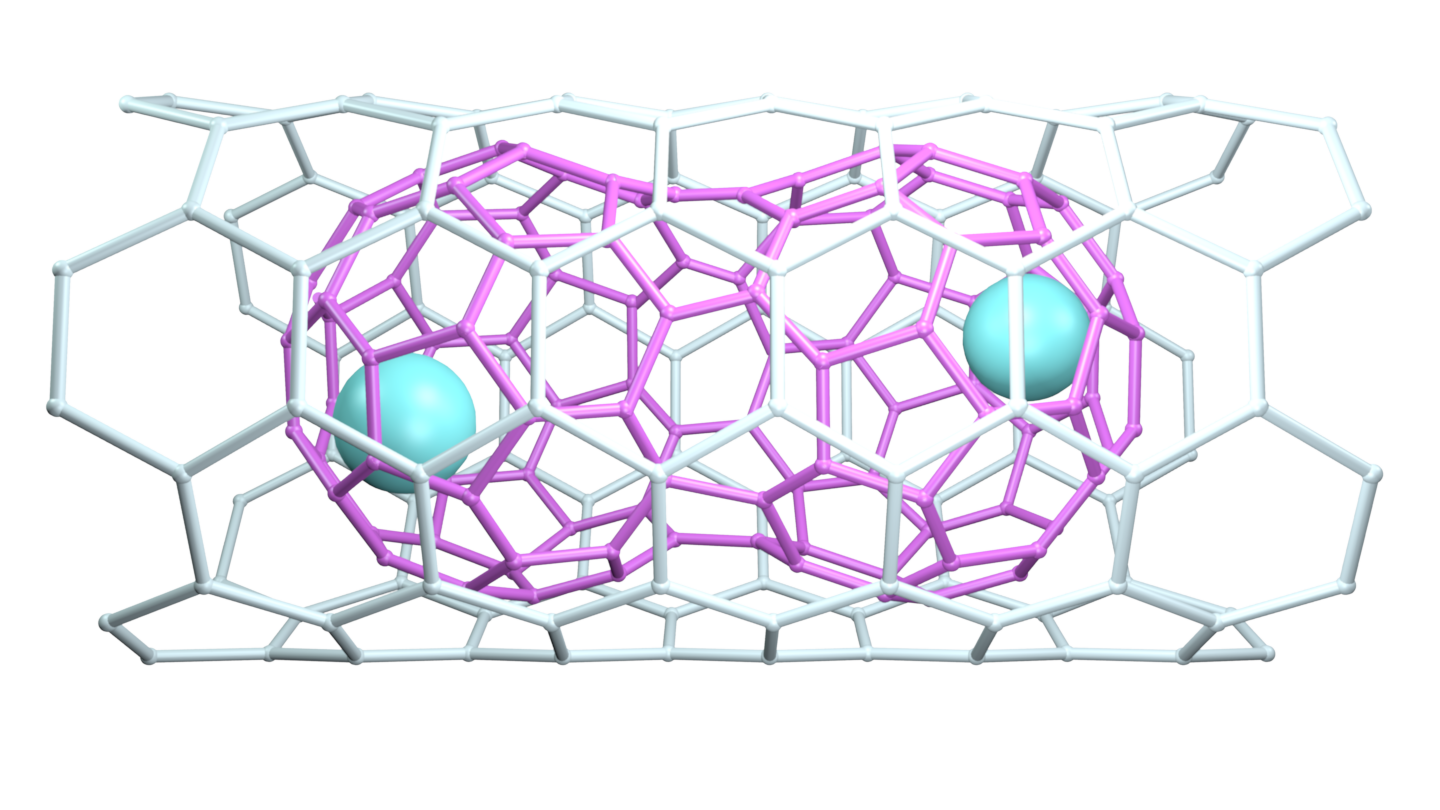Reverse Aging in Humans

In recent times, humans have successfully hacked slowing down aging. Now the next question in most people’s minds is “can we reverse aging?” Reverse aging is a whole different ball game because this is making an old organism young again.
While this may come as a surprise to many, yes, reverse aging is possible. In the last couple of years, with the aid of cutting-edge technologies, scientists have shown that it is possible to partially reverse aging.
While science plays an important part in this ground-breaking experiment, the human factor is also vital. Specific lifestyle changes are important in making this work. There are a few biotech approaches to reverse aging that we will note in this article.
Epigenetic Rejuvenation
In our bodies, not all the genes work at the same time. The epigenome is the molecular “police” that determines which genes are put off or put on in our cells. However, as humans grow older this regulatory mechanism is distorted leading to traditional aging.
With biotechnology, it is possible to reprogram the old epigenome to a younger form. This approach targets the specific proteins that can change the epigenome called the Yamanaka factors. Scientists have discovered that upregulating these factors in animals caused their cells to become a bit younger and their organs to regenerate. Many other symptoms of aging are reduced drastically.
This epigenetic reprogramming approach is dubbed epigenetic rejuvenation. There are drawbacks to this approach. Excessive epigenetic reprogramming over time can lead to presence of tumors called teratomas. Teratomas are tumors of different growth tissue that have moved to areas where they are not supposed to be.
Removing Senescent Cells
Senescent cells are old cells that refused to die. The older we get, the more senescent cells accumulate in our bodies. Getting rid of these cells is another strategy to reverse aging in humans.
These cells that refuse to die cause damage to neighboring healthy cells by secreting harmful substances. The effect of senescent cells on aging are very visible in humans. Their presence in the skin causes sagging, these cells in the walls of blood vessels render the blood vessels stiffer, accumulation in the liver, pancreas, and fat cause impairment to metabolic function, etc.
Experiments on mice where they cleared out senescent cells had the mice look younger than before with shinier fur, fewer bald spots, and better overall function. Other studies also point out that when senescent cells are eradicated, several aspects of aging can be improved.
Lifestyle Changes
We are what we give our bodies. Many studies have shown that lifestyle interventions such as diets, exercise, and supplements can reverse aging by about 1-2.5 years.
These are some tips to improve your biological age and slow down aging
- Incorporate supplements into your diet. Supplements like alpha-ketoglutarate, glycine, vitamin C help improve your epigenome to prevent aging. B vitamins and zinc also support important processes in your body.
- Cur down on processed meat such as hams, hot dogs’ sausages, etc.
- Replace red meat with healthier white meat (poultry) and fatty fish. You can also substitute with non-meat protein alternatives like tofu, mushrooms, etc.
- Eat lots of vegetables, legumes, and fruits as they are large sources of important nutrients and vitamins.
- Avoid milk. Milk has been shown to accelerate aging.
- Drink a lot of water daily, at least 1.5 liters per day.


